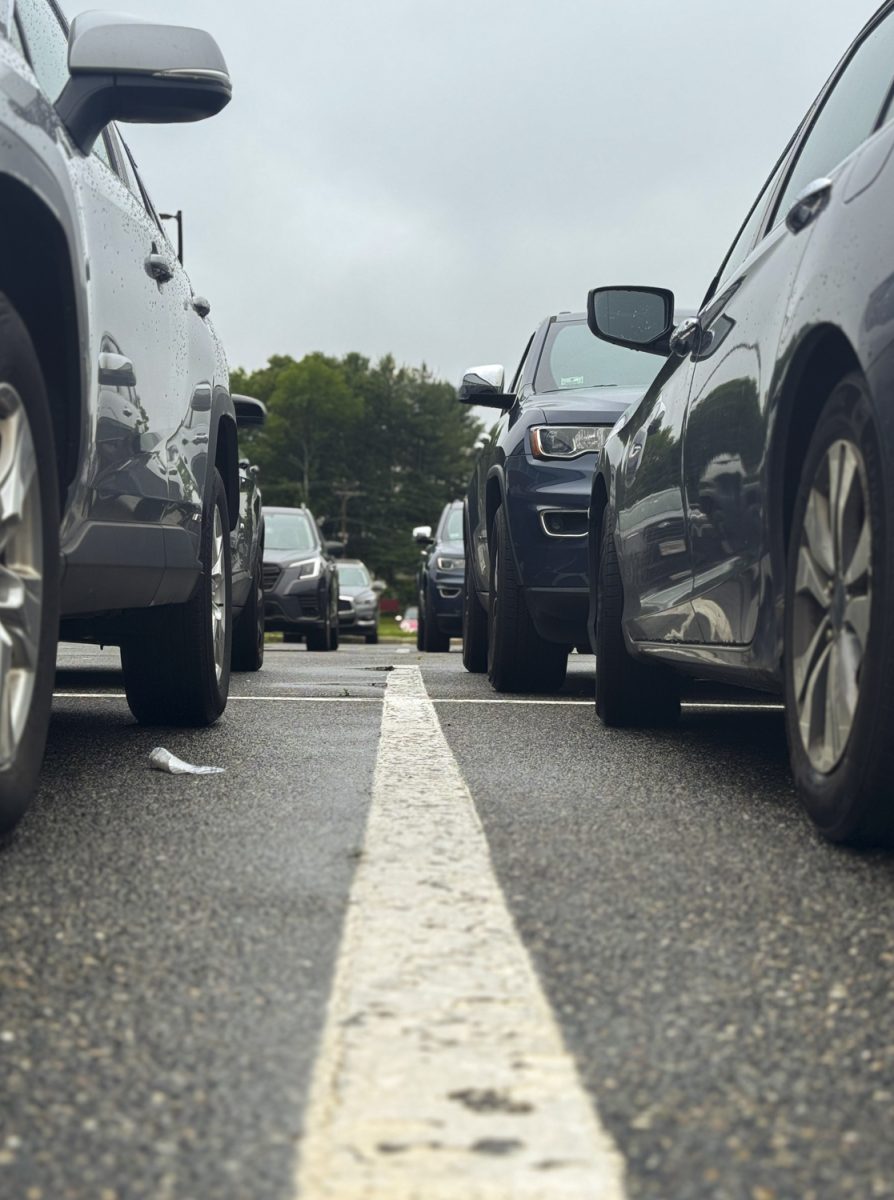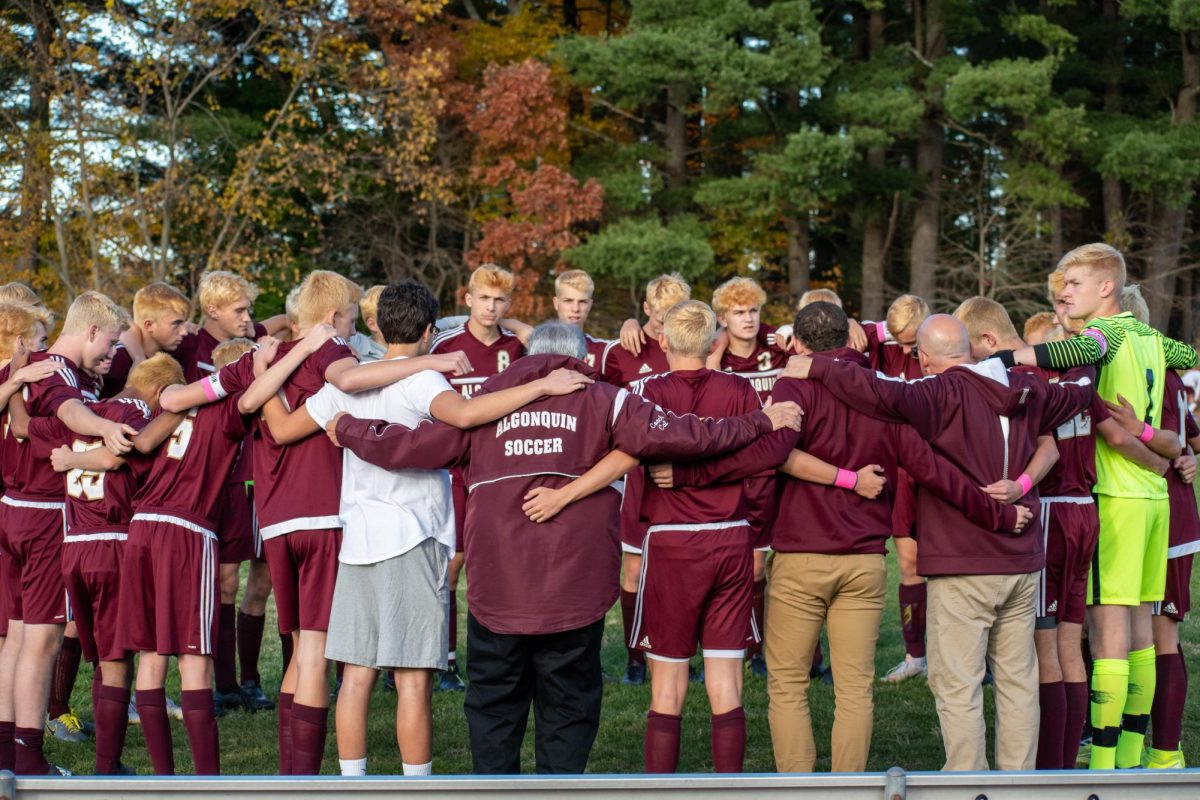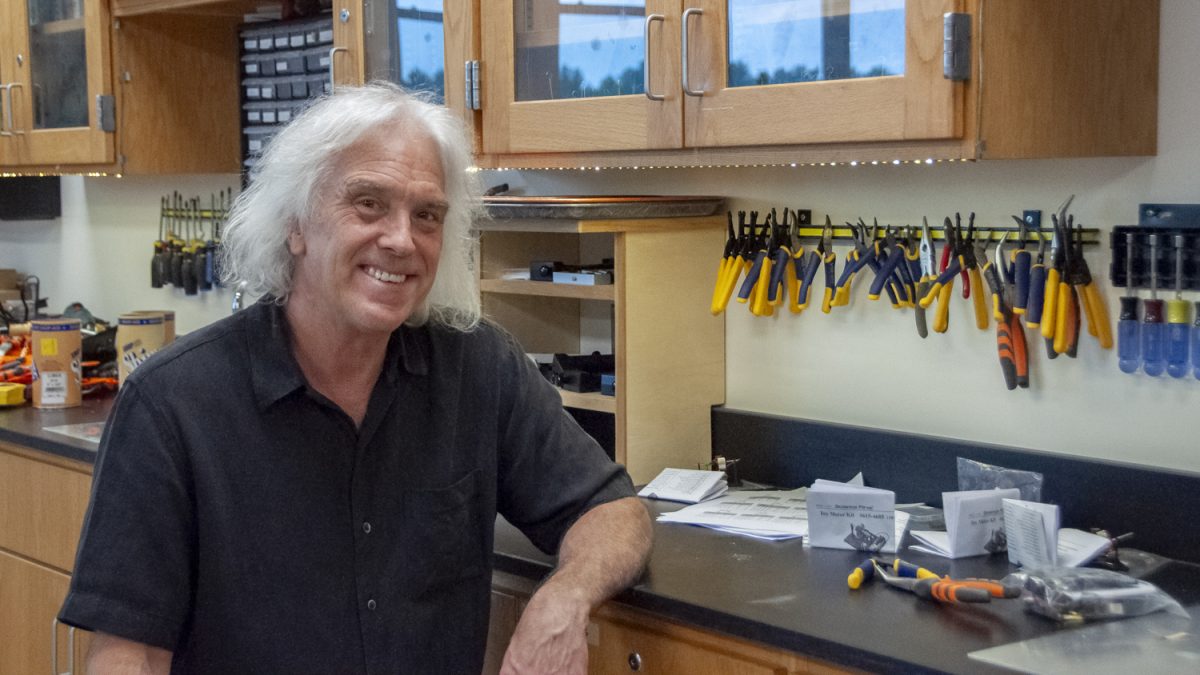Caffeine has become commonplace at Algonquin, with many students depending on it for energy despite numerous negative health implications.
Caffeine use in schools has been a contentious topic for years due to alarming health risks and widespread reliance on it by students. Many students believe the benefits of increased energy and alertness outweigh the potential risks, such as anxiety and heart health risks.
According to a Harbinger survey of 134 students from Dec. 12 to Dec. 15 via Google Forms, over 44% of respondents said they somewhat rely on caffeine during school, with 11% relying on it daily.
Caffeine dependency is a rising issue among students around the world. According to the National Institute of Health article, “Trends in Caffeine Intake Among US Children and Adolescents,” 86% of children and adolescents reported caffeine use in the last 30 days. On average students drink at least one energy drink weekly for various reasons. Caffeine takes a toll on both health and students’ wallets.
“[Caffeine] can increase your blood pressure; it can also increase your heart rate pretty significantly,” school nurse Heather Allen said.
Allen recommends a good night’s sleep of at least eight hours, with devices off well before bedtime. This reduces tiredness and can help students avoid caffeine.
“Having a real good sleep routine will overall help students feel better,” Allen said. “If you have to drink one, just drink one, and do it slowly.”
Regular caffeine use can lead to adverse side effects that negatively affect overall health, according to Applied Arts teacher Jonathan Cahill, who notes that minors are more susceptible to health risks from caffeine. Cahill, who also manages the Gonk Shop — a store that sells to Algonquin students — states that no items in the shop contain caffeine, in accordance with Massachusetts state vending regulations.
“I see students using caffeine [in] every class, every grade,” Cahill said. “In the past, the rules [for the Gonk Shop] were more lax [and more items that are currently banned are allowed to be served].”
Health and Fitness teacher Andrew Kinney feels differently about caffeine, believing it to be a non-issue and almost a status symbol among students and believing the Gonk Shop should sell caffeine in the hopes of making more of a profit.
“I do not have a problem with caffeine being used at school,” Kinney said. “Honestly, I think they like to drink Starbucks just so they can say they drink Starbucks.”
Many students bring their preferred caffeine source to school in the morning, with 47.6% drinking coffee and 39.8% drinking energy drinks. Junior Danny Megaly drinks an energy drink nearly every day. He says he rarely gets the recommended eight to nine hours of sleep and struggles to perform his daily tasks without some caffeine. Megaly generally drinks one during the first few school periods.
“Some days I don’t have the energy to work,” Megaly said.
Megaly says he spends about 20 dollars a month on his energy drinks. According to the Harbinger survey around 13% of people spend 20 dollars or more, but the majority of people spend 0-5 dollars per week. The commonality of this drug has convinced many to use it habitually, leading to a surge in students bringing it to school.
“When you think of caffeine, there are a lot of [seeming] benefits,” Cahill said. “But I do not think students should have it.”













